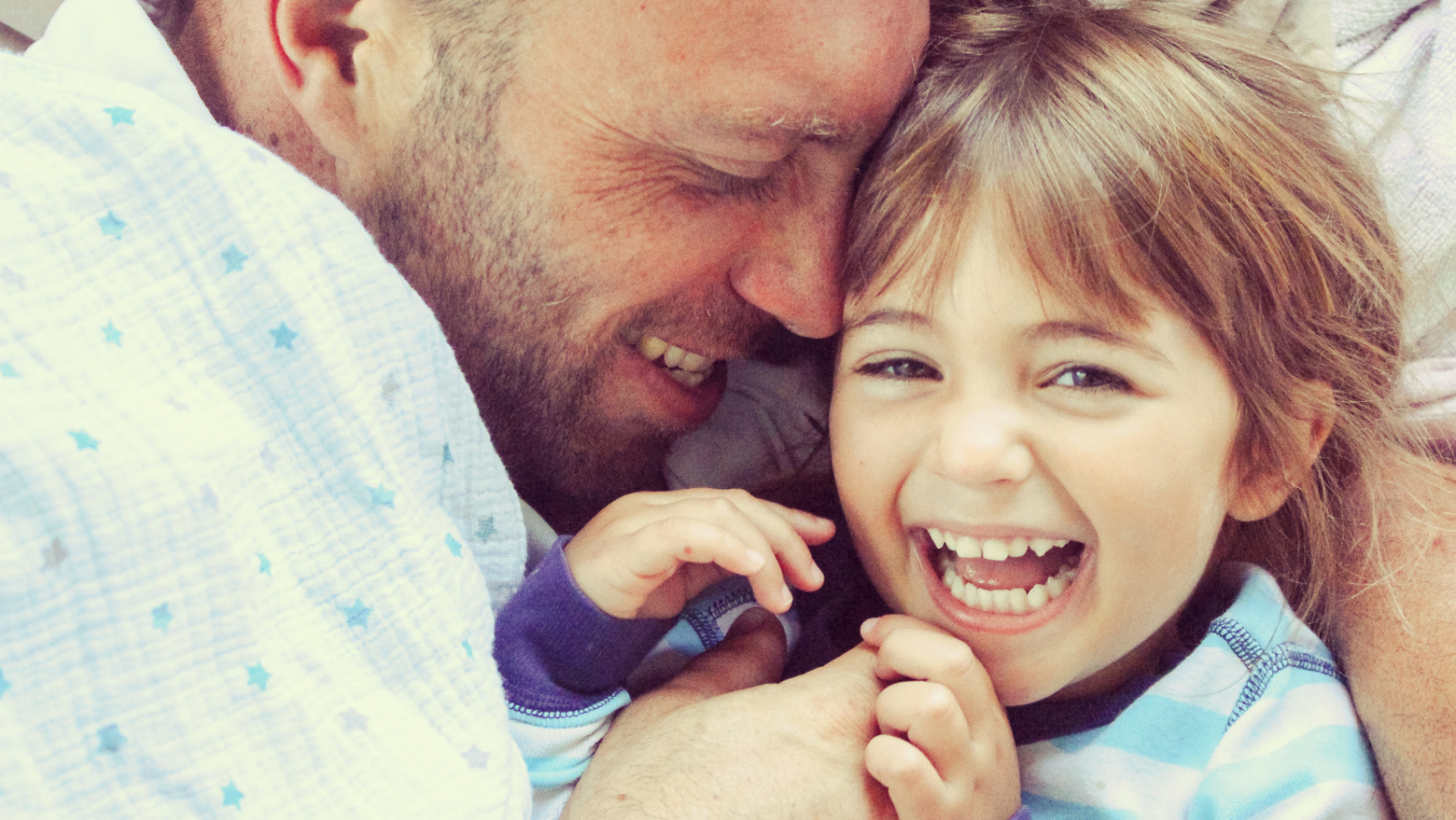
Did you ever wonder why certain children appear to thrive emotionally and socially, while others are beset by aggression, anxiety, or low self-esteem? The answer usually starts right at home. How parents relate to their children—through the parenting style and the family environment—has far-reaching and permanent effects on a child’s mental state, behavior, and even their physical health.

Parenting styles are not merely collections of rules or discipline strategies, but include the attitudes, behaviors, and emotional atmosphere parents create for their children. Researchers commonly characterize four major parenting styles: authoritarian, authoritative, permissive, and uninvolved. Each style is a distinct way of establishing boundaries, providing support, and communicating with children, and these variations can influence a child’s development in profound ways.

Authoritarian parents are strict and have high expectations, and often expect obedience with little leeway for discussion. A review on parenting styles states that children brought up under authoritarian homes can be well-mannered on the outside but are also at higher risk of being aggressive, shy, having low self-esteem, and being indecisive. The absence of war, nurturing, and open communication can make children feel unsupported and unappreciated, at times causing rebellion or withdrawal at older ages.

At the opposite extreme are permissive parents, who are warm and affectionate but maintain few rules or expectations. Their children might have high self-esteem and good social skills, but have trouble with self-regulation, impulsivity, and bad habits. Without clear boundaries, children have a hard time learning about moderation and responsibility, which can cause issues with emotional regulation and social relationships.

Uninvolved parenting, where parents show little emotional connection and direction, is especially harmful. Though some kids under such conditions become resilient and self-dependent out of survival needs, others experience emotional dysregulation, academic problems, and problems maintaining positive relationships. Not being around and not being supportive leaves children with feelings of isolation and unworthiness for attention.

Alternatively, authoritative parenting is widely accepted to be the most healthy method of development for children. Authoritative parents are warm and nurturing yet also set clear limits and expectations. Authoritative parents promote open communication, involve children in decision-making, and use discipline in a teaching function instead of as punishment. Consequently, kids from authoritative families become confident, responsible, resilient, and achievement-oriented. They are better equipped to manage negative emotions and navigate social situations, laying the groundwork for robust mental health and positive relationships throughout life.

But parenting style is only half the picture. The overall family environment—the patterns of interaction, communication, and emotional tone of the family—strongly influences the well-being of children. Positive family dynamics are characterized by mutuality (cohesion and warmth), flexibility, open communication, and supportive relationships. These characteristics give children a sense of security and belonging and allow them to build trust, self-esteem, and stress-coping skills.

Unhealthy family dynamics, however, may provide an environment for trauma and emotional challenges. Some of these patterns include enmeshment, isolation, rigidity, and role conflict, and are associated with adverse childhood experiences (ACEs). They predispose one to suffering from mental and physical health issues later in life. As outlined in a discussion of family dynamics, the experience of emotional, physical, divorce of one’s parents, or family alcohol or drug abuse has been shown to contribute to depression, anxiety, aggression, and even long-term health difficulties such as heart disease and diabetes.

The relationship between child behavior, family climate, and parenting is most apparent when looking at aggression. Research has indicated that aggressive child behavior is associated with negative patterns of parenting, such as rejection, overprotection, or constant punishment. Children tend to learn from what they see, and since they observe their parents constantly, when parents display hostility, criticism, or indifference, the children are likely to do the same. Overprotective parenting, restricting the autonomy and self-expression of a child, may also lead to frustration and aggression.

On the other hand, warm parenting behaviors that stress emotional warmth, support, and understanding promote a family atmosphere of openness and respect. Such a supportive environment leads to children acquiring prosocial behaviors, efficient conflict resolution, and secure attachments. Based on studies on attachment theory, kids who receive stable, loving care from their main caregivers are likely to grow up with emotional intelligence, good interpersonal skills, and strong mental health. Secure attachment gives a sense of safety and trust, allowing children to venture into the world confidently and resiliently.

The value of family climate is not limited to childhood. Good family relationships are linked to improved sleep, less stress, and more healthy coping, while poor dynamics predict weakened immune systems and higher rates of drug use. For traumatized or disadvantaged children, a secure and loving family environment can be a very potent shield, reducing the long-term consequences of early adversity. In the end, how parents communicate with their children—and the emotional atmosphere they establish at home—can determine the course of a child’s life. With warmth, support, and honest communication, parents can equip their children with the resilience, confidence, and emotional intelligence they require to succeed. And although no family is ever perfect, even modest improvements in healthier dynamics can make a difference in the lives of the next generation.
